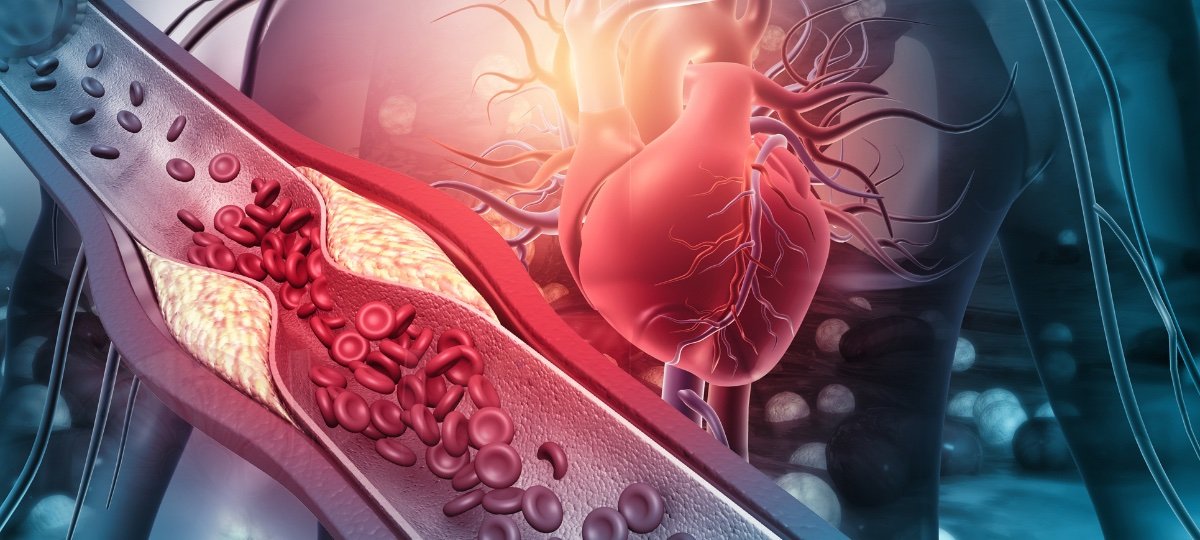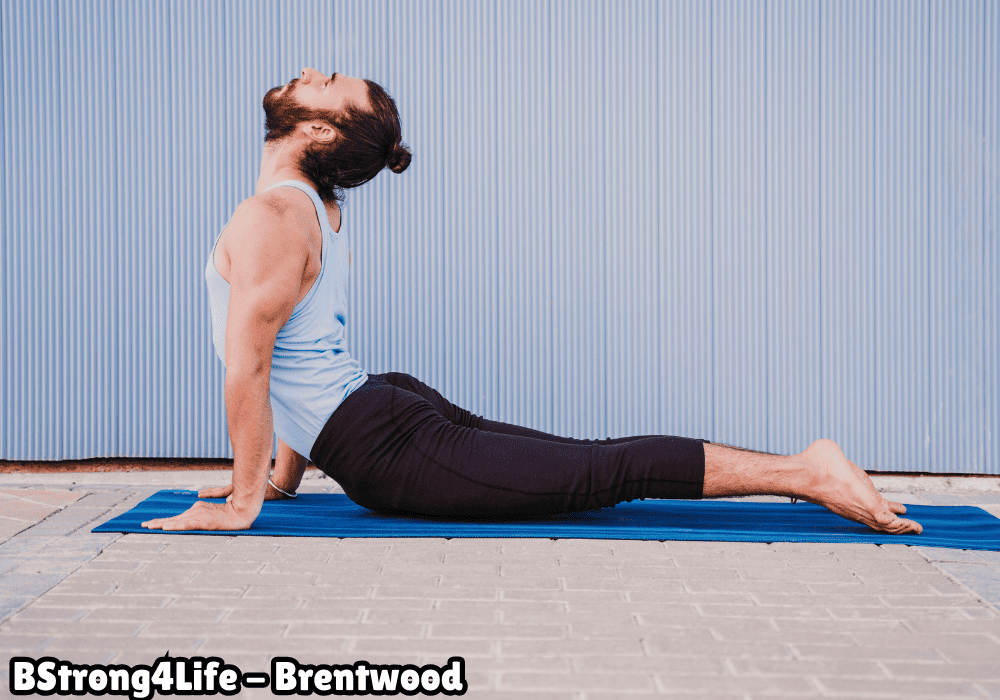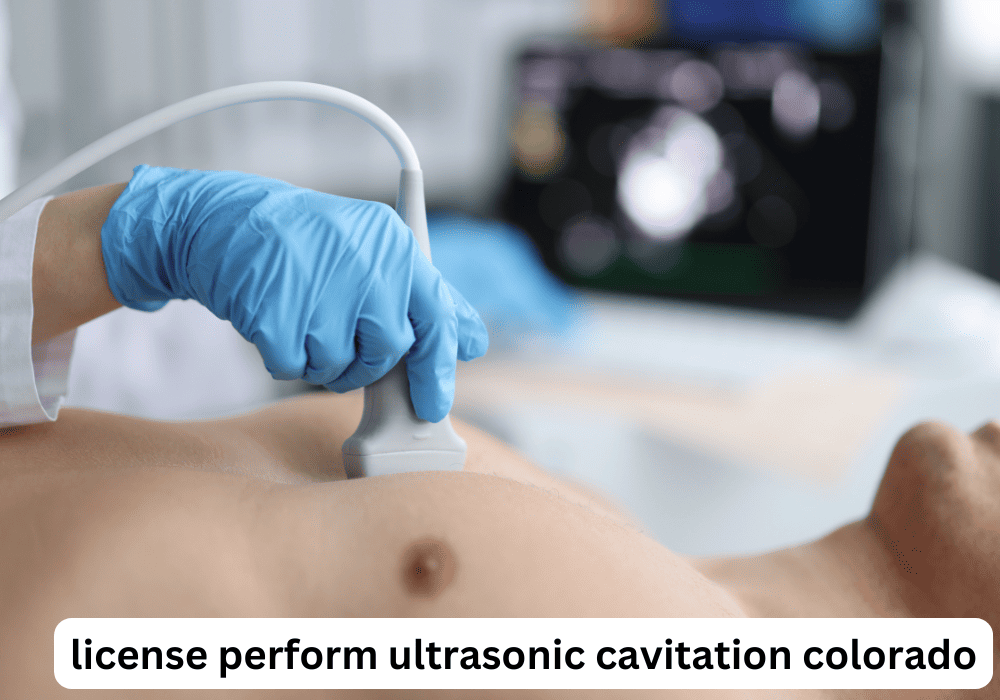In today’s fast-paced world, stress is more than just an occasional inconvenience; it’s a chronic problem affecting our mental and physical health. Between juggling work responsibilities, personal commitments, and the constant influx of information, it’s easy to feel overwhelmed. Fortunately, there’s a time-tested remedy that science supports—massage therapy. In this post, we’ll explore how massage can play a vital role in reducing stress, enhancing your overall well-being, and even transforming your lifestyle.
Understanding Stress and Its Effects
Stress affects everyone differently, but its impacts can be universally felt. At its core, stress is the body’s response to any demand or challenge. While a little stress can be motivating, chronic stress can take a toll on our health. It can manifest physically as headaches, muscle tension, fatigue, and even more severe conditions like heart disease. Mentally, stress can lead to anxiety, depression, and difficulty concentrating.
Chronic stress keeps our bodies in a constant state of fight or flight, releasing hormones like cortisol and adrenaline. Over time, elevated levels of these hormones can weaken the immune system, disrupt sleep, and increase the risk of chronic illnesses. Understanding these effects highlights the importance of managing stress effectively.
Reducing stress is crucial for maintaining a healthy lifestyle, and that’s where massage therapy comes into play. Massage not only offers relaxation but also provides a therapeutic benefit by counteracting the negative effects of stress on the body.
The Science Behind Massage and Stress Reduction
Massage therapy is more than just a luxurious treat; it’s a scientifically backed method for reducing stress. When you receive a massage, your body undergoes physiological changes that help lower stress levels. One of the key benefits is the reduction of cortisol, the stress hormone. Lower cortisol levels mean less anxiety and improved mood.
Additionally, massage promotes the release of feel-good hormones like serotonin and dopamine. These neurotransmitters are responsible for enhancing mood and creating a sense of well-being. By boosting their levels, massage helps counterbalance the stress response.
Massage also supports immune function. Studies have shown that regular massage can increase the production of white blood cells, which are essential for fighting off infections. This immune-boosting effect is particularly important for individuals dealing with chronic stress, as they are more susceptible to illnesses.
Types of Massages for Stress Relief
There are various massage techniques tailored specifically for stress reduction. Each comes with its unique benefits, making it essential to choose the right one for your needs.
Swedish Massage
Swedish massage is one of the most popular techniques for relaxation. It involves long, gliding strokes, kneading, and circular movements to relax muscles and improve circulation. This type of massage is ideal for those new to massage therapy or anyone looking to unwind after a stressful week.
Aromatherapy Massage
Aromatherapy massage combines the benefits of massage with the soothing properties of essential oils. During this massage, essential oils are either inhaled or absorbed through the skin. Depending on the oils used, this technique can promote relaxation, enhance energy, or improve mood.
Deep Tissue Massage
For those with chronic muscle tension, deep-tissue massage is beneficial. It targets the deeper layers of muscle and connective tissue through slower strokes and more intense pressure. While it may not be as immediately relaxing as other techniques, it can be highly effective in relieving stress-related tension.
The Role of Environment in Enhancing the Massage Experience
The environment where you receive a massage plays a significant role in the overall experience and effectiveness of stress reduction. A calming atmosphere can enhance relaxation and make the massage more enjoyable.
Lighting
Soft, dim lighting helps create a serene environment. Harsh or bright lights can be jarring and counterproductive to the relaxation process. Many massage therapists use candles or soft lamps to achieve the perfect ambiance.
Music
Music can significantly influence the massage experience. Gentle, soothing tunes or nature sounds can help you relax and enhance the calming effect of the massage. Some therapists also offer personalized playlists to cater to client preferences.
Aromatherapy
Incorporating aromatherapy into the massage environment can amplify relaxation. Essential oils like lavender, chamomile, and eucalyptus promote calmness and enhance the sensory experience. Aromatherapy diffusers can be used to fill the room with the chosen scent, creating a tranquil atmosphere.
Practical Tips for Incorporating Massage into a Stress Management Routine
Incorporating massage into your routine can significantly improve your ability to manage stress. Here are some practical tips to help you get started.
Finding the Right Massage Therapist
To get the most out of your massage sessions, it’s essential to find a skilled therapist who understands your needs. If you’re thinking “Where can I find the best massage therapists near me,” there are plenty of spa websites, like those in Saratoga Springs, that offer listings. Look for licensed professionals with experience in stress reduction techniques. Reading reviews and seeking recommendations can help you find the best massage therapists in your area.
Frequency of Sessions
How often you should get a massage depends on your stress levels and personal preferences. For some, a monthly massage is enough to maintain stress relief, while others may benefit from bi-weekly or even weekly sessions. Discuss your needs with your therapist to determine the optimal frequency.
Self-Massage Techniques
If regular professional massages aren’t feasible, consider incorporating self-massage techniques into your routine. Using tools like foam rollers, massage balls, or even simple hand techniques can help relieve tension and stress at home.
Conclusion
Massage therapy offers a wealth of benefits for those looking to reduce stress and improve overall well-being. By understanding the science behind its effects and choosing the right techniques, you can create a stress management routine that truly works for you. Prioritizing self-care through massage can lead to a healthier, happier life.



